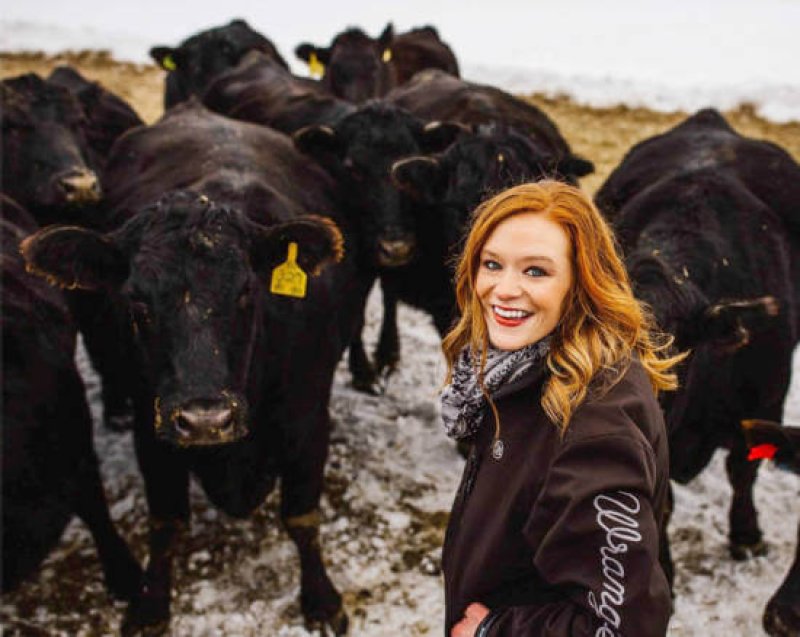The FDA gave Jaci Hermstad, a 25-year old Iowan who is dying from a rare form of ALS, an early sign that she will receive the first dose of an experimental drug never before tested in humans.
…
For months, the family has circulated petitions, tweeted at President Trump, and called on some of Washington’s most controversial and powerful politicians — including the speaker of the House and a Republican under fire for racist comments — all to convince the FDA to waive even the most basic of studies.
…
The chaotic backstory underscores how complicated it has become to access experimental therapies in the U.S. And it raises a host of questions about the role of the FDA as a gatekeeper, the propriety of Congress acting on behalf of a single patient, the role of crowdfunding to pay for basic research, and the most basic and fraught question of all: Who is to blame when a 25-year-old is facing virtually certain death and can’t get access to a drug she thinks might save her life?
“You’ve got a large ethical and policy quagmire here,” [ethicist Andrew] Caplan said.
Read full, original post: When ‘right to try’ isn’t enough: Congress wants a single ALS patient to get a therapy never tested in humans































